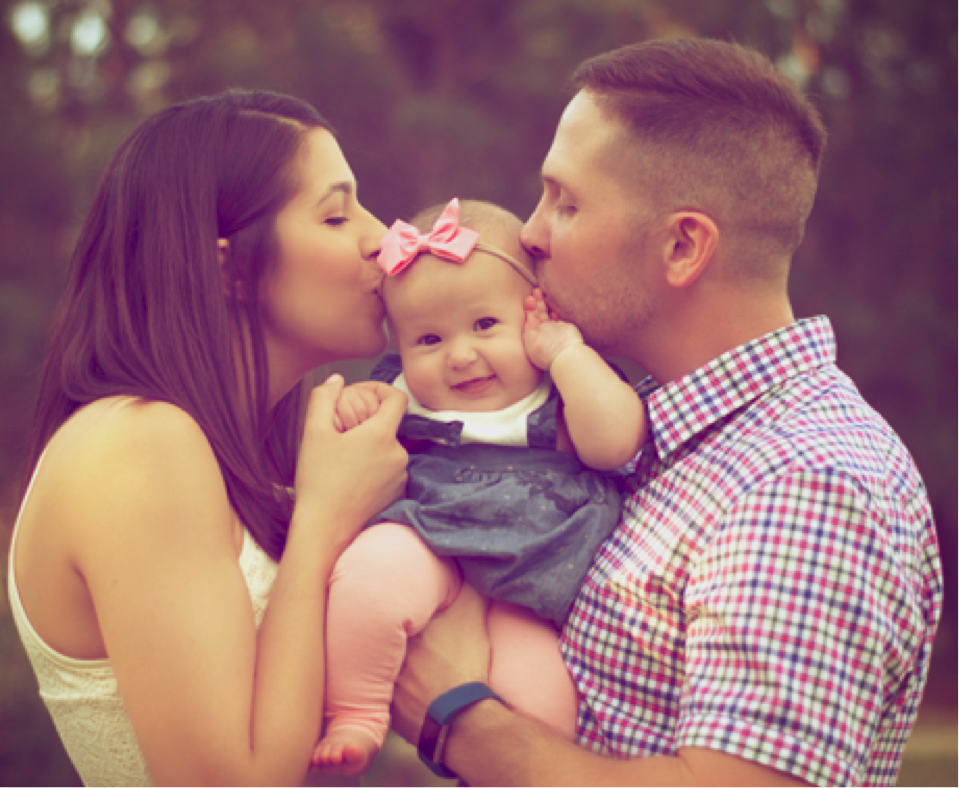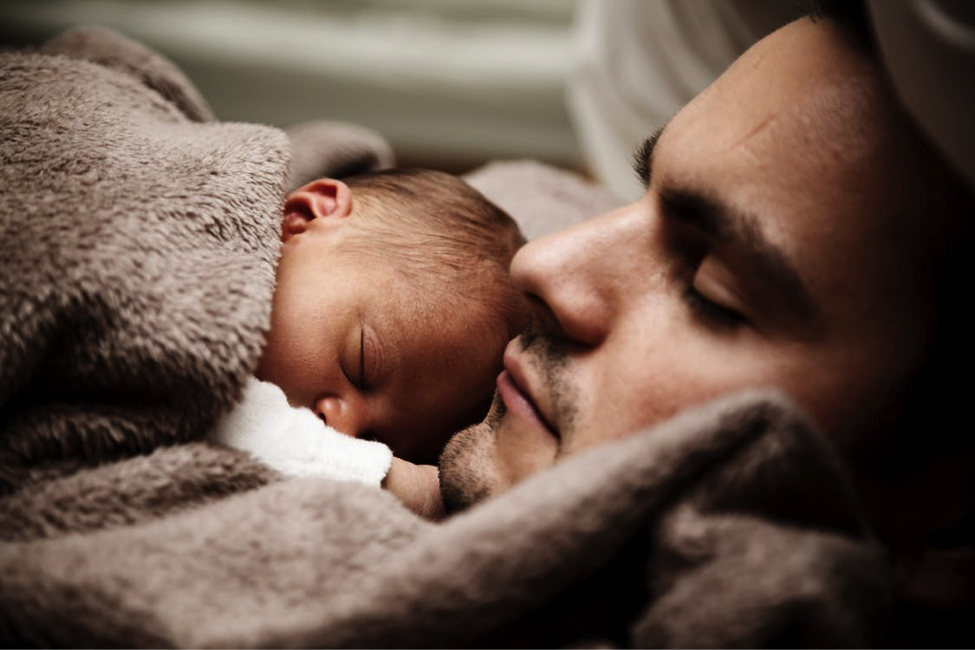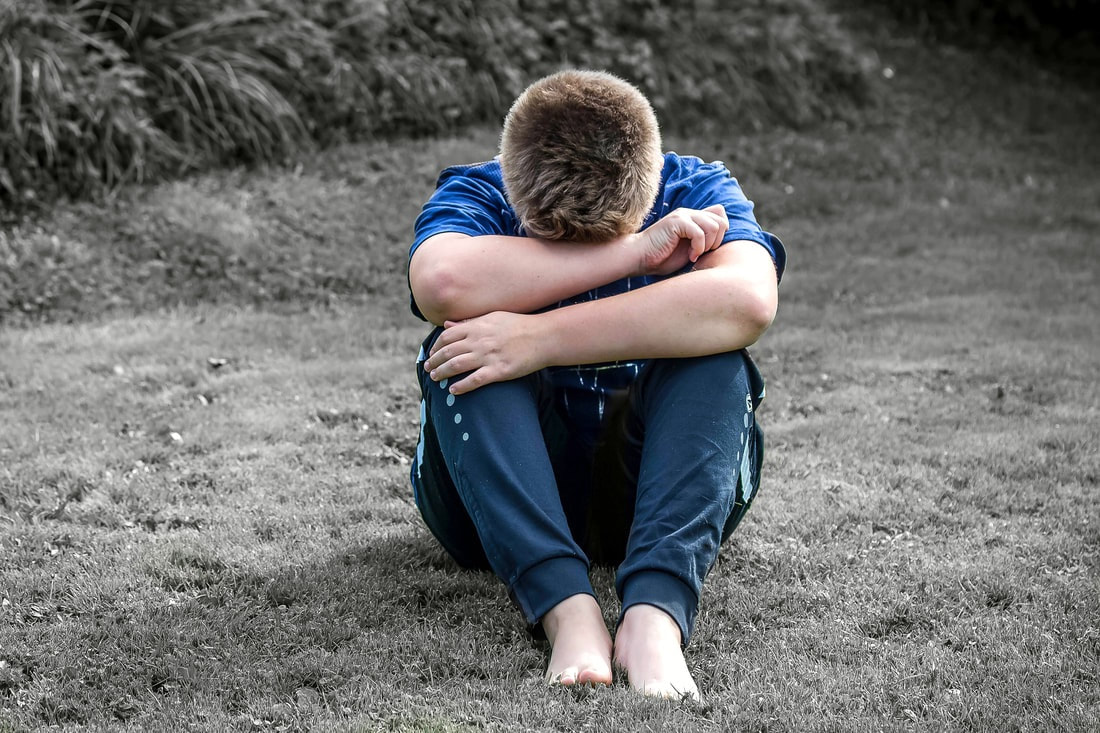|
Question 1: “If you get a 'bad' feeling about an interaction with someone, how can you tell if this bad feeling is just from the past coloring your perception of the present or a real intuitive warning that this person is not trustworthy and out to harm you?”
This is not a simple question or one that can be answered quickly. Remember Step 2? Step 2 says, unequivocally: It is about me. Any and all feelings are chosen by me and 'by me' I mean the 'self' I made up, a belief in other words. So the bad feeling may be chosen by a belief that I deserve to be punished for example and I see the 'punisher' in this person. Or it could mean that have done what I suspect this person
1 Comment
There’s an inherent contradiction when it comes to doing spiritual work. If the answer lies within, then why travel somewhere else to find it? Simply meditate on the question, “Who am I,” and all will be revealed.
But what fun is that? And how do I cultivate the humility, discipline and willingness to go within and heal in the first place? The answer can sometimes be simple, by sharing the process with others. By Anne Andrew (excerpted from her upcoming book What They Don’t Teach in Prenatal Class: The Key to Raising Trouble-Free Kids and Teenswww.anneandrew.com/book.html.)
One of the biggest causes of upsets for parents currently seems to be the battle over screen time. Studies show that too much screen time is not good for children, and screens need to be off for an hour or two before bedtime or sleep can suffer. Social media is adding stress to teens because of the need to be camera ready at all times and the huge potential for abuse. Policing screen time is an unwelcome but necessary chore for parents these days. In the previous posts, I have established that we all grow up with barriers to love that can be removed when we tackle our negative beliefs. In this week’s post, I’ll explain give some strategies for helping your children to own their Inherent Worth so that they can receive the love that you offer.
A child who has a strong belief that he is not good enough, bad, unworthy or any other belief, will find it impossible to let love in. That child will think, consciously or unconsciously “If only you knew how bad, unworthy, unlovable (fill in the blanks) I am, you would not choose to love me. You have to say you love me because you are my parent, but I can’t believe it.” This is the subconscious thinking of any child who has a strong negative belief about themselves. We may not be able to tell what that belief is, so the antidote to all negative beliefs is to own our Inherent Worth. We cannot be Inherently Worthy and unlovable or worthless at the same time. Therefore, it is imperative that parents spend some time helping their children to tune into their Inherent Worth. Unconditional Love: A Parent’s Guide Part Five: Love Yourself to be Able to Love Your Children6/7/2018 "I don't trust people who don't love themselves and tell me, 'I love you.' ... There is an African saying which is: Be careful when a naked person offers you a shirt."
~ Maya Angelou You can’t give something you don’t have! In order for any parent to be able to extend love unconditionally that parent must first love themselves. It is not possible for someone to love another fully without loving themselves. You can only really love your children if you love yourself. At one of my recent talks on Unconditional Love, a mother told me that her young daughter had asked her “Mommy, who do you love the most – me or you?”. That mother had a difficult time answering her. She said “I love you to the moon and back, but if I didn’t love myself I wouldn’t be able to love you, so I love me just as much!”. That’s such a beautiful, but uncommon sentiment. In Part Three we established that negative or limiting beliefs block love. In this section, I will show you how to find and fix negative beliefs using the Choose Again Six-Step Process (Diederik Wolsak). The method is applied to any upset however small, because these upsets reveal to us the feelings that we replay the most. These feelings are chosen by our beliefs. By following our familiar feelings we can retrieve early childhood memories in which we can discover the genesis of our beliefs and we can begin to transform them.
In order to learn to love unconditionally, you first need to discover the barriers that you have to giving love, and the barriers that your children or partners have to receiving it. The negative beliefs that you carry, often subconsciously, prevent you from having the loving relationships you want to have. I’ll show you how negative beliefs get started and strengthened, and how they block love.
In last week’s blog, I suggested that you take a quick quiz to determine where you are on the loving / fearful parenting spectrum. You may have been surprised to learn that fear plays a role in your parenting style. This week’s blog will explore the importance of learning to love unconditionally. I was able to learn so you can too!
What do you do when one of your relationships is not going well? How do you get your other half, family member, or co-worker to stop being so annoying/ be more considerate/ fulfil your needs? Well, I have bad news, and good news. The bad news is that you are probably never going to get another person to behave exactly as you want them to. The good news is, that you don't have to! It is entirely within your power to create more harmonious relationships, whether the other person is willing or not. Hear from Gad and Anne, who discuss their own experiences of bringing healing to their relationships using the Six Steps. (Gad works at our Retreat Centre in Costa Rica, and Anne facilitates the weekly Circles, and Workshops in Vancouver. They will come together with Diederik Wolsak this summer to facilitate the workshops in the South of France.) I know firsthand the heartache that comes with having a teenager who struggles with eating disorders and other self-harming behaviour. Helplessness combines with guilt and even shame. I was fortunate to discover how to be happy despite our circumstances, and learned that not only could I be happy, but by being happy I was helping my child. That’s why I must debunk the myth that we can only be as happy as our least happy child. This unfortunate concept condemns parents of unhappy children to life sentences of misery. It doesn’t have to be this way and what’s more, the unhappiness parents suffer contributes to the ongoing misery of their children...
Here are a few reasons why being a happy parent actually helps a child: |
Categories & Authors
All
Archives
November 2022
|
Read an independent evaluation of our program |
| ||||||
QUESTIONS? |
GET daily INSPIRATION TO YOUR EMAIL |










 RSS Feed
RSS Feed